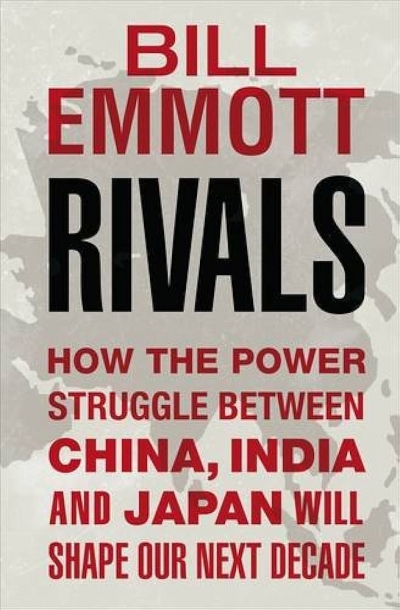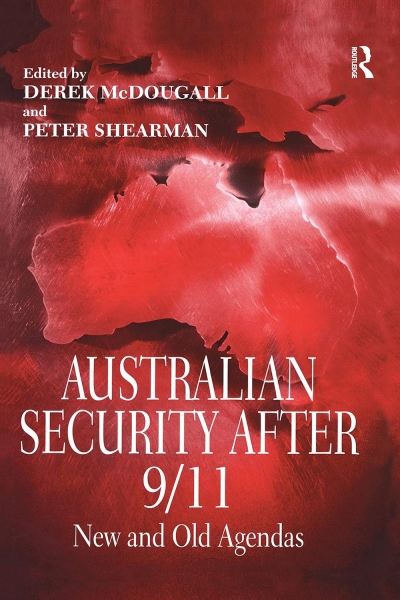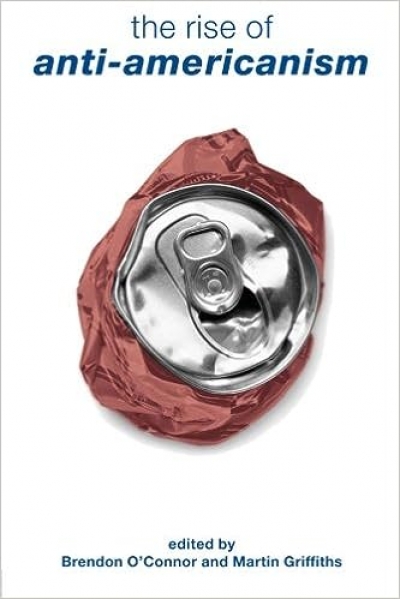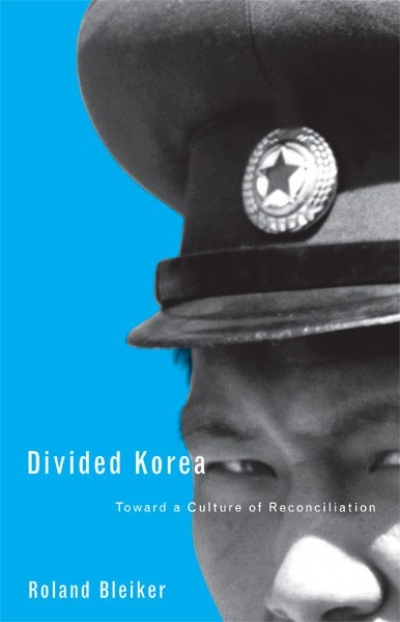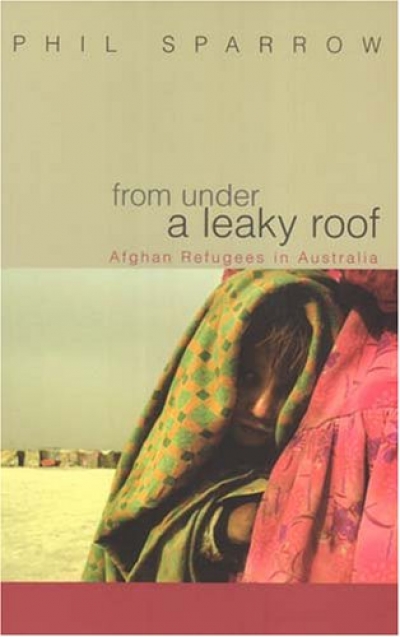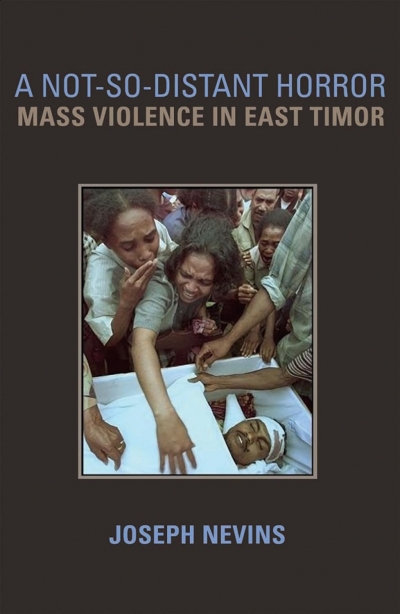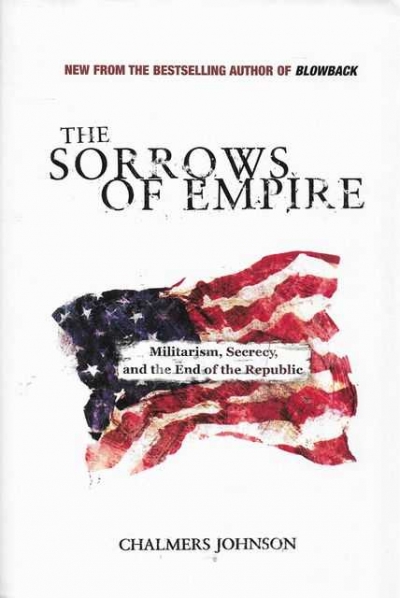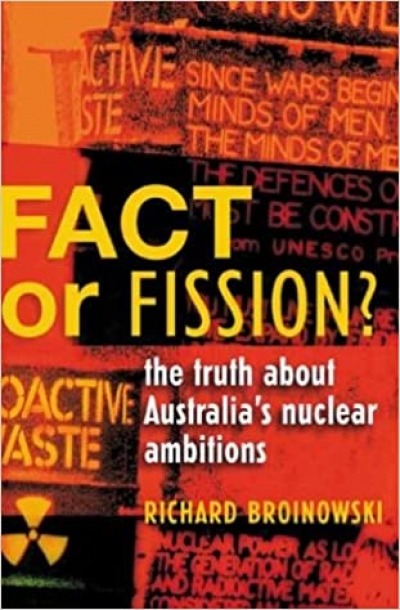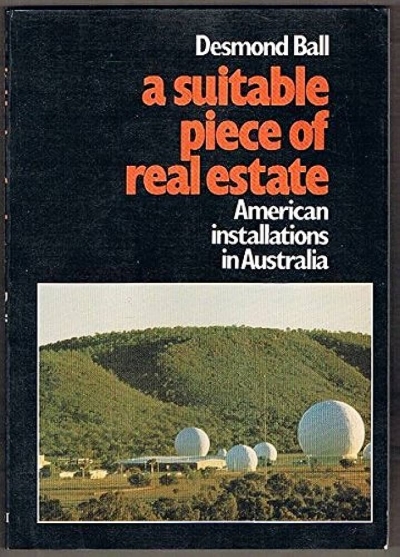International Relations
Rivals by Bill Emmott & The New Asian Hemisphere by Kishore Mahbubani
Australian Security After 9/11: New and old agendas edited by Derek McDougall and Peter Shearman
The Rise of Anti-Americanism edited by Brendon O'Connor and Martin Griffiths
Divided Korea: Toward a culture of reconciliation by Roland Bleiker
From Under a Leaky Roof: Afghan refugees in Australia by Phil Sparrow
A Not-So-Distant Horror: Mass violence in East Timor by Joseph Nevins
The Sorrows of Empire: Militarism, secrecy, and the end of the republic by Chalmers Johnson
It is hard to avoid the assessment that the most visible product to date of the war on terrorism has been nothing much more, or less, than more war and more terror. The unhappy reality since September 11 seems to be that all our major cities, and concentrations of Westerners anywhere, are as vulnerable as ever; the capacity of terrorist actors to do harm is as great as ever; their motivations are as great as ever; their identity is as elusive as ever; international cooperation is as fragile as ever; and international policy priorities are as misplaced as ever.
In Iraq, where the terrorist connection was the least plausible of all the reasons for going to war, terrorist violence has now become the most harrowing of all its consequences. The significance of Richard Clarke’s evidence to the September 11 Commission is not what the former anti-terrorism chief had to say, with all the wisdom that hindsight confers, about the failure of either Republican or Democrat administrations to take more effective action before September 11; rather, it is about the decision after September 11 to attack Iraq, a country that had about as much to do with it as Mexico, creating in the process the most expensive recruitment campaign for Islamist extremism ever launched.
... (read more)
